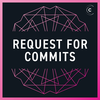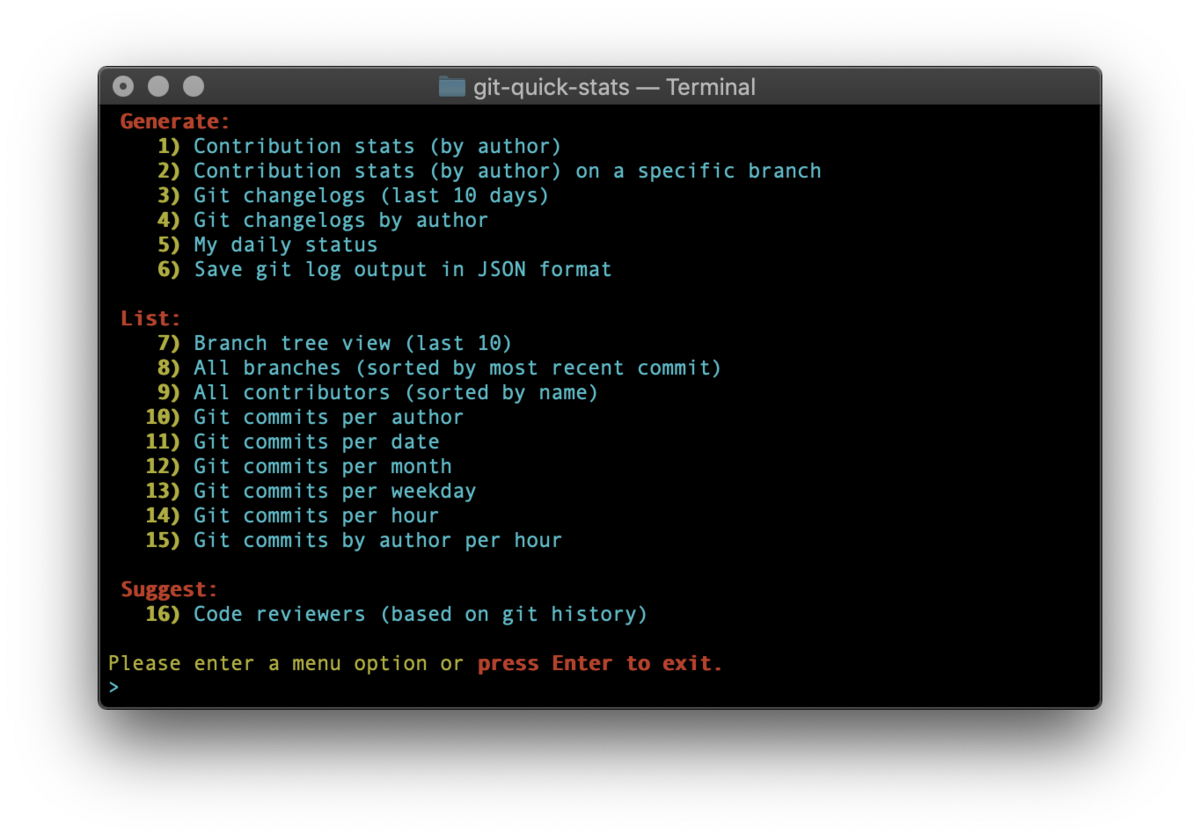On today’s show Nadia and Mikeal talk with Max Ogden, creator of Dat, an open source, decentralized tool for distributing data sets. Max has also done a lot of work in the Node.js ecosystem, including helping start NodeSchool and publishing hundreds of modules to npm. He was also one of the first Code for America fellows.
Max Ogden: Yeah, because you have to have invested dozens of years into the nepotistic system of existing government procurement. It’s not a technical problem to fix procurement, but if somebody fixes procurement — and by the way, it is being worked on now, because like I mentioned this earlier, healthcare.gov was so bad that the silver lining around that — that’s actually pretty exciting — is that there’s two new organizations in the federal government that are hiring remote, and they’re hiring technologists, and they’re paying people to work on open source inside of government. One is called the US Digital Service, and the other is called 18F, or one-eight-F. They’re a brother-sister organization; one is inside the executive branch, and they’re the technology advocates. They’re almost like the role that the EFF plays. They have people come up with policies, and they get the different agencies to adopt policies. I have a friend that works there; he gets to go in the VA, or the Social Security office, and they’re like, “Hey, check out this new hundred-million-dollar database that we contracted. What do you think?” He used to build data centers at Twitter, and he’s like, “If I was building this, I could have done it for $5 million, and saved you $95 million. Why did you bill this for $100 million?”
And they’re like, “That’s what the vendor told us.” “Oracle said this was a great deal!”
[01:08:08.12] So that is a really important cause right now that has a fair amount of momentum. 18F is where you go to work if you actually want to build the solutions. They’re like an actual contractor that is government employees that like hires people to work on the actual projects. USDS is where you go to set the policy.
For instance, they are doing a lot of stuff around making all federal websites have mandatory SSL so that the NSA can’t snoop on what you’re browsing. There’s a lot of cool momentum in fixing that system.
So if I was going to place a bet on where all the grants are going to be in the future, it’s around delivering government services in more efficient way, and actually competing for government grants because that landscape is about to get a lot more accessible to open source stuff because of all the work that’s happening at the federal level.
Another way I would answer this question is… Procurement reform is one thing, and that’s happening, so keep an eye on that space. The other thing is, like I mentioned, we don’t know how to describe our project in terms of are we a non-profit, are we an academic project? We don’t know what our label is, and we’re trying to figure out with some other groups a model for supporting projects in this ecosystem. A great example to look at — I think they’re doing some great work — is if you look up this thing call the Substance Consortium, there’s this awesome text editor. It’s like a JavaScript, a rich text editor and editing environment called Substance. It’s really beautifully designed, and it’s all open source.
They had been working for this open access scientific journal, writing a journal article viewer and editor. They had all these other organizations… They were basically being contracted by this one journal called eLife, and they built this thing called eLife Lens, which is a really beautiful way to read papers. Because most people read papers on PDF, but trying to read a paper on your phone on a PDF, it has really wide columns and it’s like, “Why can’t I just have this be a web page?” They’re trying to fix some of these problems, but they had all these other organizations in this space, and they were like, “Well, we also want to invest together in better editing tools for science, or just editing tools for the web in general.” So they set up this thing called the Substance Consortium. There’s four stakeholders that all help pay for the development of Substance, but they’re not hiring exclusively the Substance team to work as employees on their projects. What’s really cool about it is Substance itself can still be its standalone project that can make reusable open source tools, but it has an open governance structure so any of the member organizations can help influence the project direction in a positive way, and work together to support the project without controlling the project. Their whole thing is cooperation without control. That work is being facilitated by a group called the Collaborative Knowledge Foundation, which is one of the stakeholders, or one of the people paying the Substance team.
Substance is just the editor components, but the Substance team doesn’t have a… They’re just two people, they don’t have the linkage to the social issue, they don’t have the grant-writing capability at this point. They want to get to that point, but they need incubating, and they need support for their project.
[01:11:45.01] Collaborative Knowledge Foundation is a couple of folks that started it that are really focused on fixing the scientific publishing ecosystem. They want every journal to be using open source publishing tools. So they have the social mission, that’s a huge social mission. Access to research is a really big cause right now. What’s cool is the Collaborative Knowledge Foundation has got some grants to work on fixing scientific publishing, and instead of hiring the Substance people as employees, they’re like, “Let’s support everyone in this ecosystem together, and have Substance still be standalone.” Because they think it would be toxic if they actually exclusively hired the Substance people that worked on their one thing. They would rather have Substance flourish and have a whole ecosystem, because…
That’s where open source works really well, when you have a bunch of interests that are supporting a factored-out, common infrastructure. I think the Substance Consortium model is really exciting; we’re trying to figure out how to… We need to come up with a cool name for that way of doing things. Ideally, the Dat project, since we are a distributive file system, it’s a pretty low-level component, and there’s a bunch of different interests… It would be awesome if we could get a similar thing for Dat, so we’d have a Dat Consortium. We would have the Dat project itself just be the technology, but then we would have all the different organizations that have a specific cause be able to support our work. Maybe we split up into two teams, like one of us is the science cause, and all the low-level people go and work on just the infrastructure stuff.








